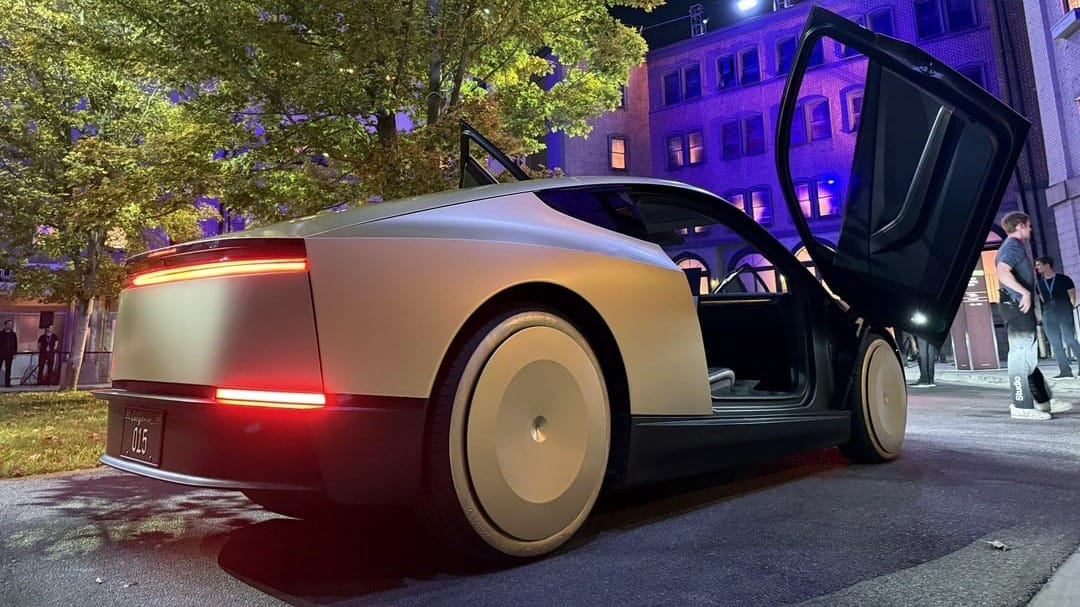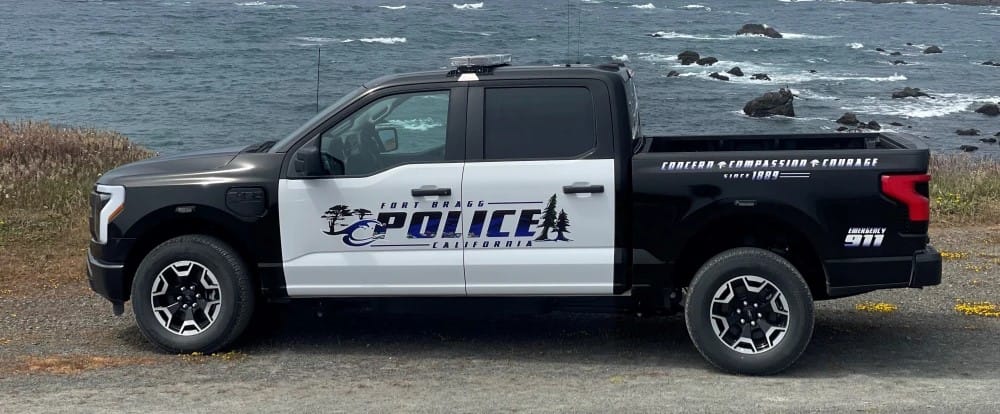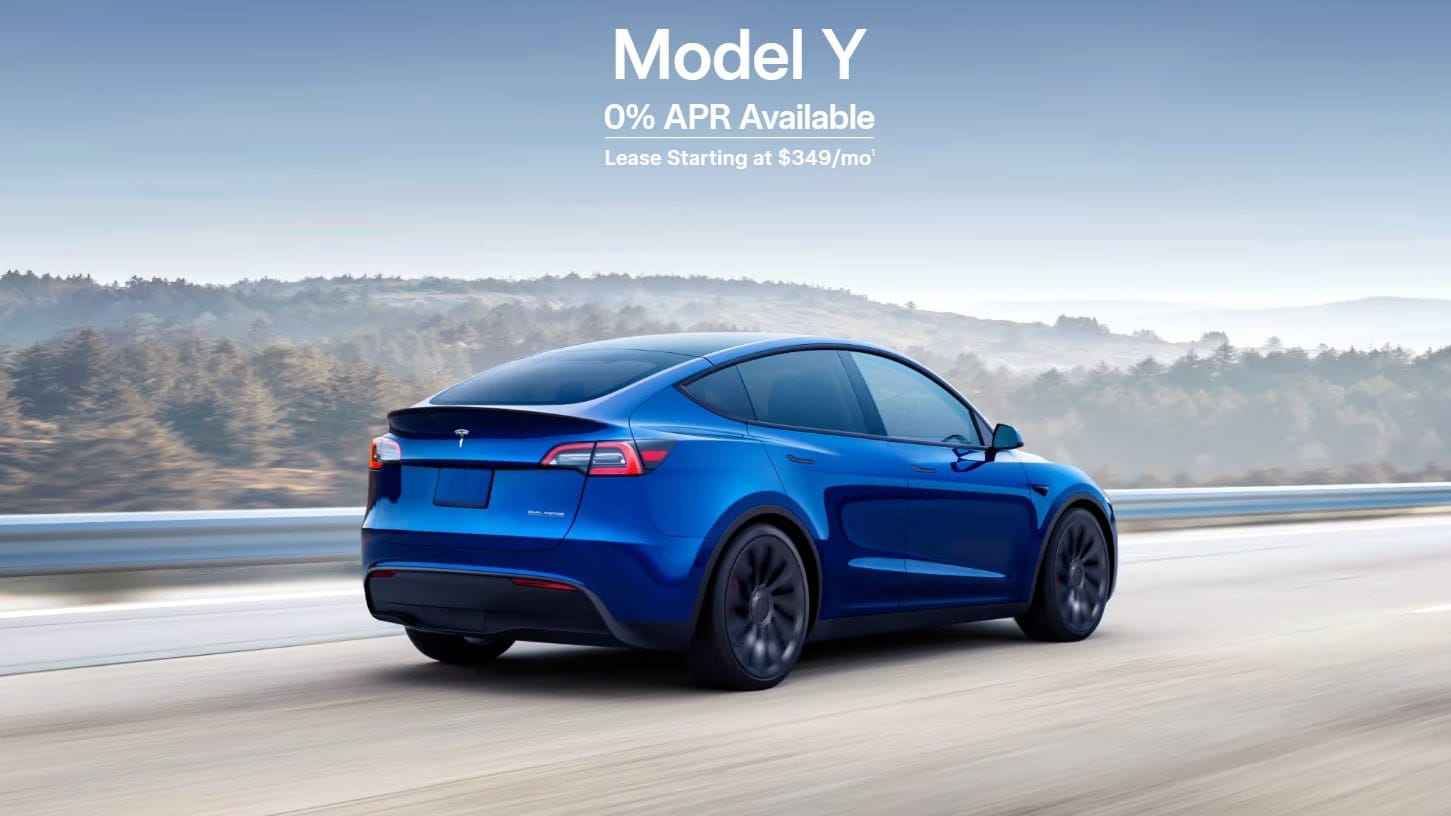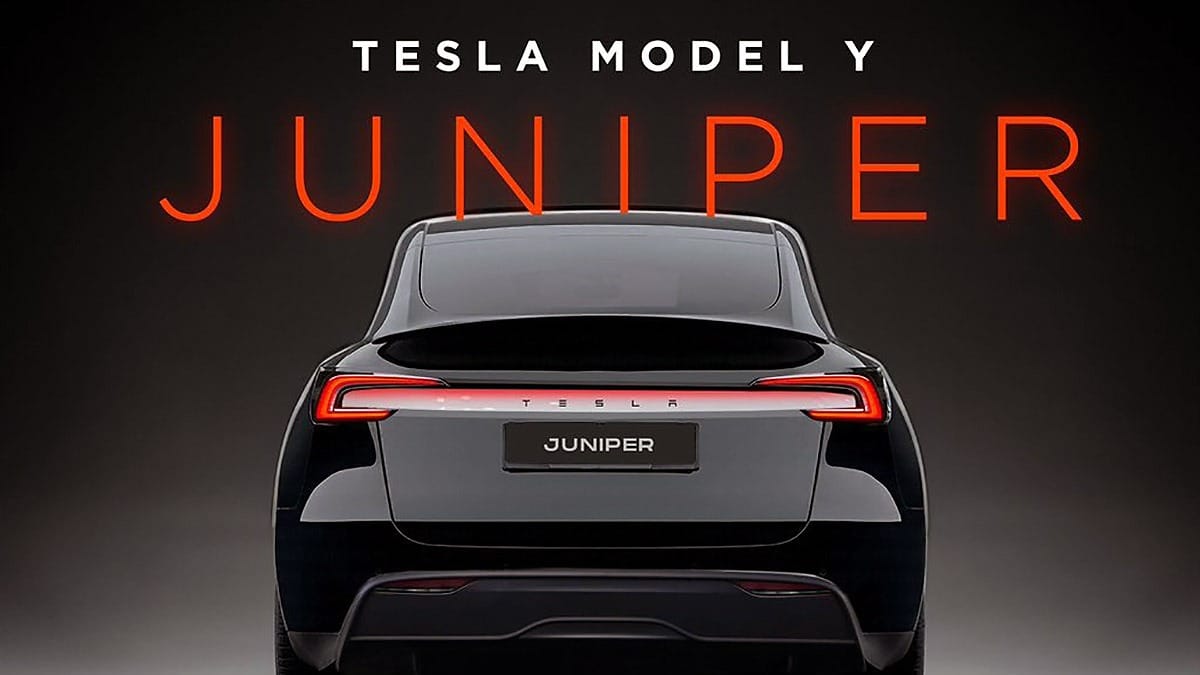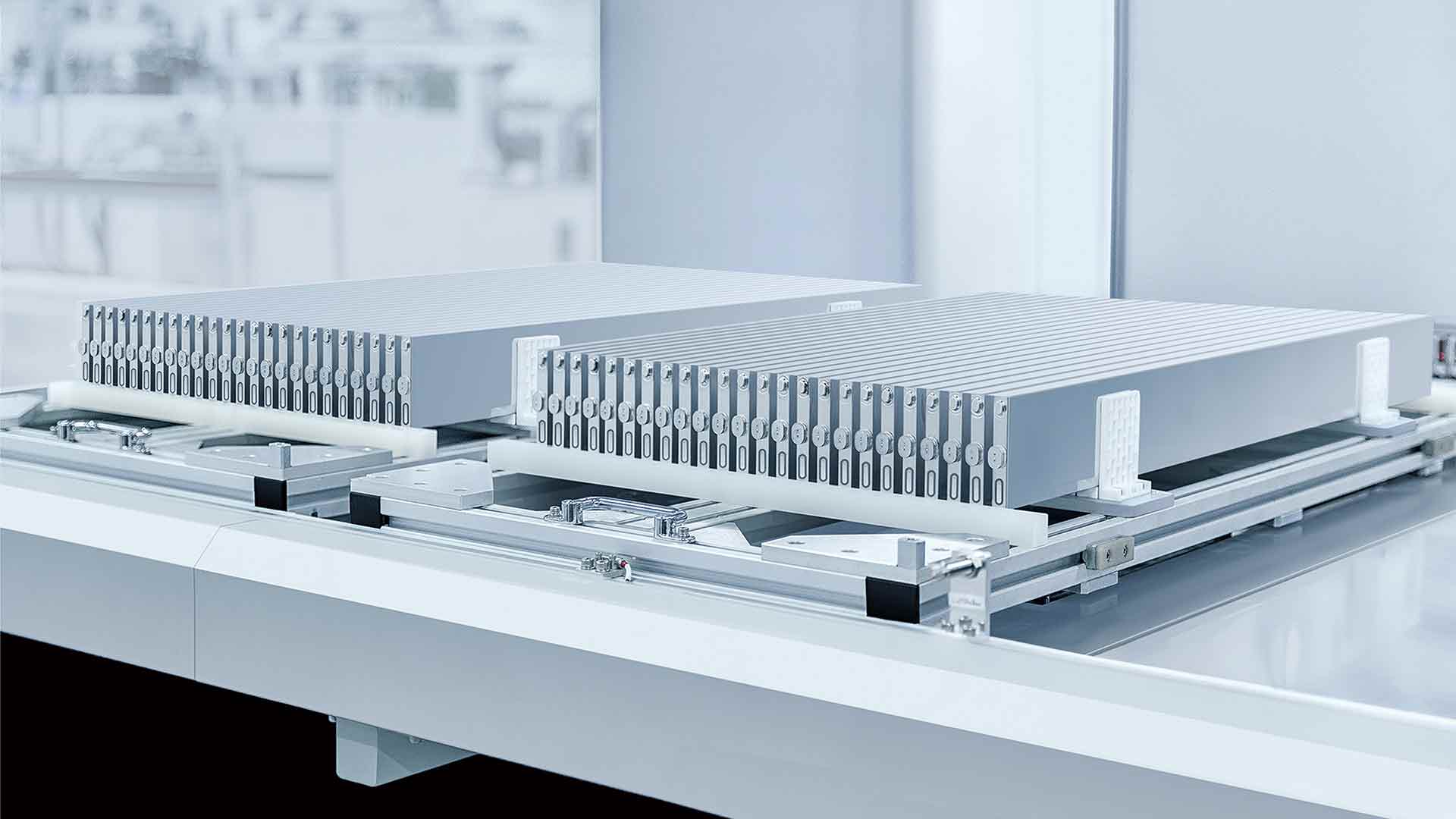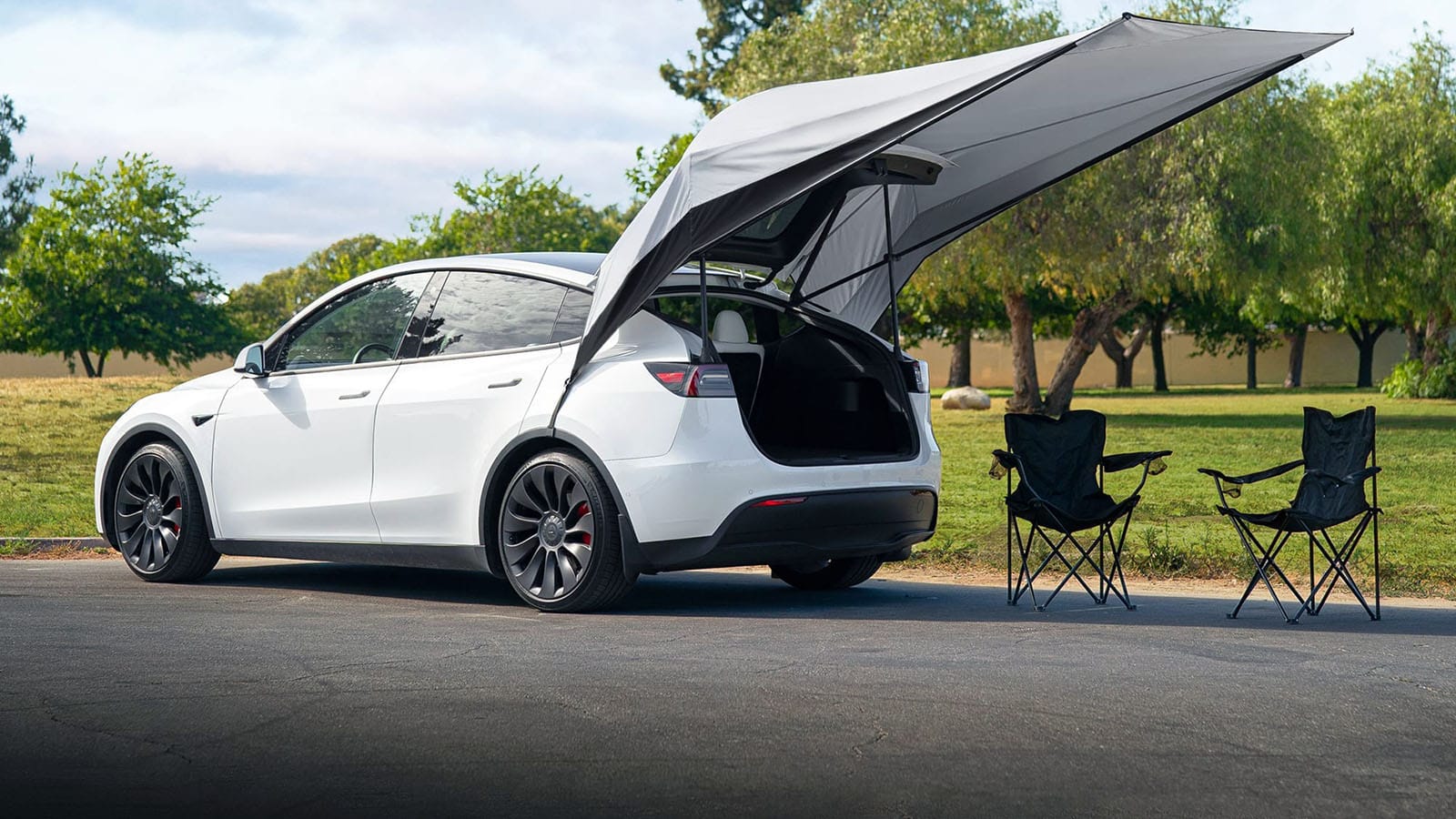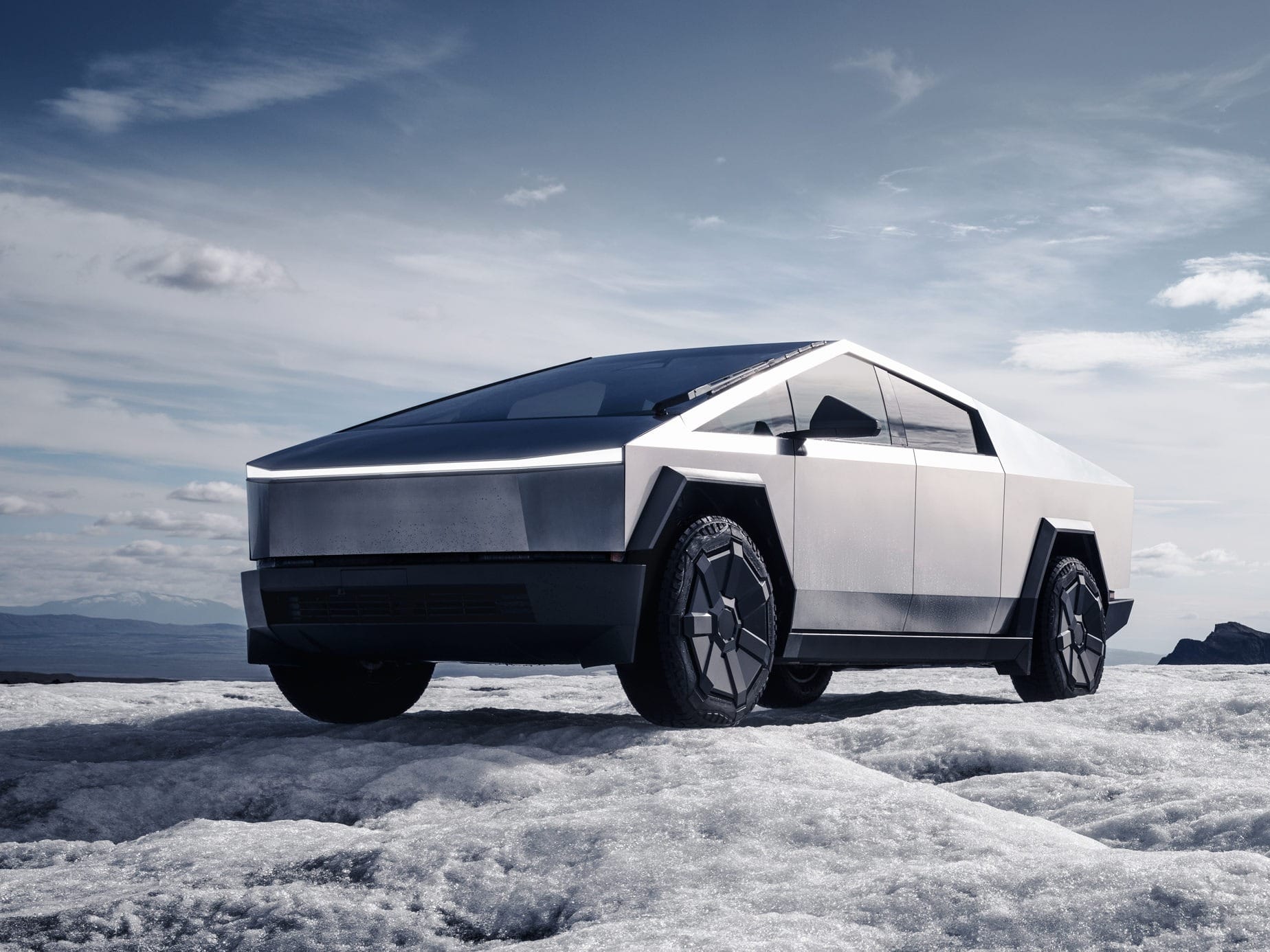After receiving certification from Chinese officials as a safe handler of personal data, Tesla has been given the green light to set up data centers and offer online processing along with content distribution networks. This is crucial to meet the Chinese government’s demand that all data collected from citizens, including information from the future Full Self-Driving service analytics, remains within the country and is kept secure.
Pilot Testing in China
Currently, Tesla is conducting pilot Full Self-Driving (FSD) tests with Model Y cars in China. They must submit their findings to regulators in order to persuade them to approve FSD for use in the largest car market in the world. The Chinese government aims to demonstrate that it welcomes such services from foreign firms, and local officials have stated that Tesla’s driver-assistance features will enhance the autonomous driving landscape in the country, encouraging collaboration among companies and increasing public acceptance.
Competition and Local Developments
Local competitors like Xpeng have also expressed that the introduction of Tesla’s FSD in China would be beneficial for everyone involved. However, Xpeng has a significant advantage, as it will be the first domestic company to receive approval for a self-driving feature in major cities this quarter, due to its new P7+ sedan. In contrast, Tesla’s FSD approval in China is expected to occur no sooner than next year.
Despite the challenges, Tesla is making efforts to meet all regulatory demands in China and in the United States, where they are eager to roll out unsupervised FSD next year in both Texas and California, and aim to obtain a Robotaxi permit by 2026.
Testing Partnership with Palo Alto
Tesla is now seeking permission from the Palo Alto local government to use its streets as a test area for the Robotaxi launch. Meghan Horrigan-Taylor, a spokesperson for the city, reported that discussions are underway regarding a partnership for testing Robotaxi services with Tesla.
Tesla’s decision to approach regulators makes sense, especially since it opened its new global engineering and AI headquarters in Palo Alto last year. A permit to test driverless Robotaxis on city streets would be quite convenient for them.
Moreover, the city stands to gain, as its Palo Alto Link service, which offers low-cost or free rides to residents, is currently facing financial difficulties. During the Robotaxi reveal, Elon Musk mentioned that rides could cost as little as $0.30 per mile, factoring in all expenses, making a test fleet of Robotaxis appealing for the Palo Alto city council.
Regulatory Hurdles Ahead
However, the city’s spokesperson reminded that the ultimate decision rests with the California Public Utilities Commission and the California Department of Motor Vehicles, which will evaluate the safety and readiness of autonomous vehicles for public roads. Therefore, Tesla will still need to convince regulators to make its Robotaxi operation legal on the streets of Palo Alto.
China Daily, Palo Alto.

